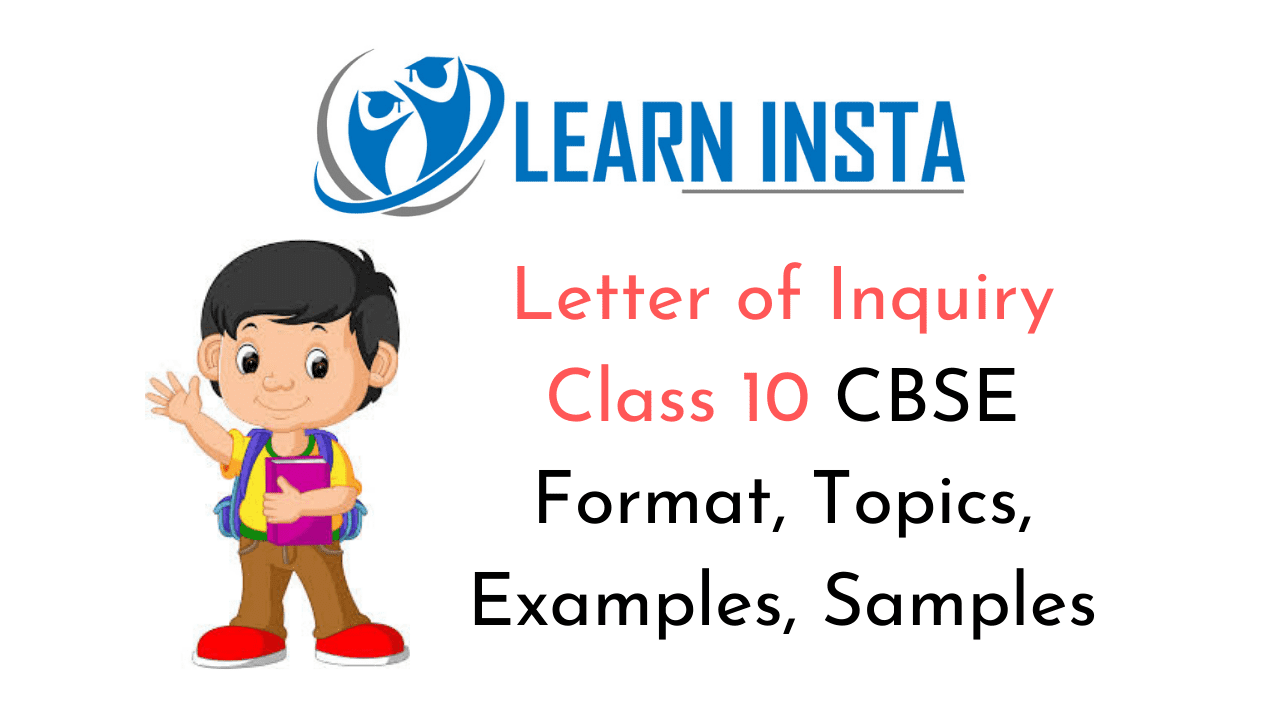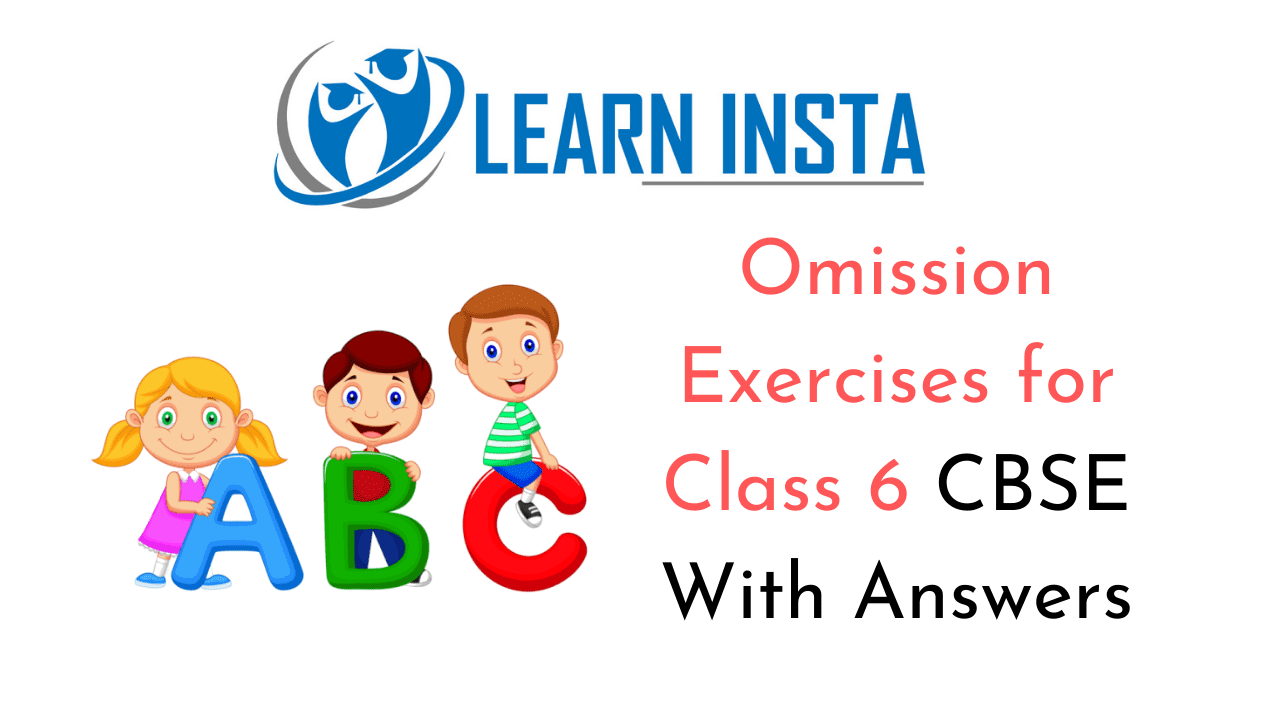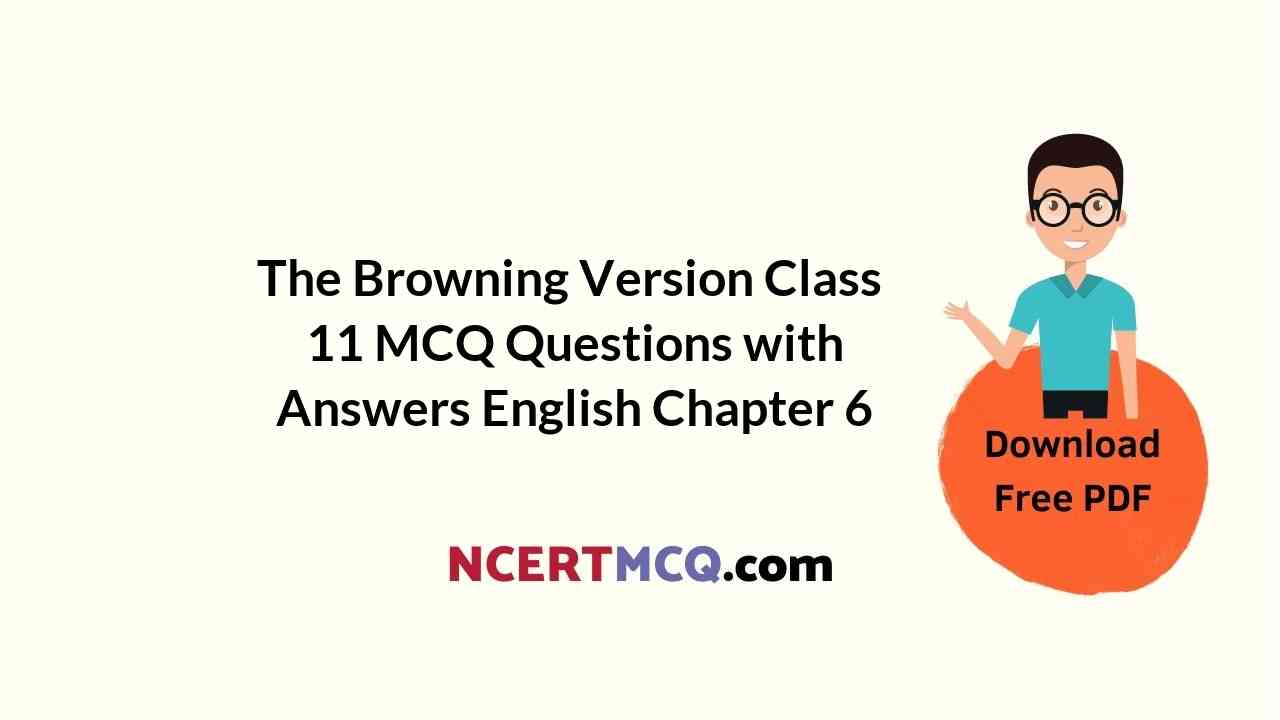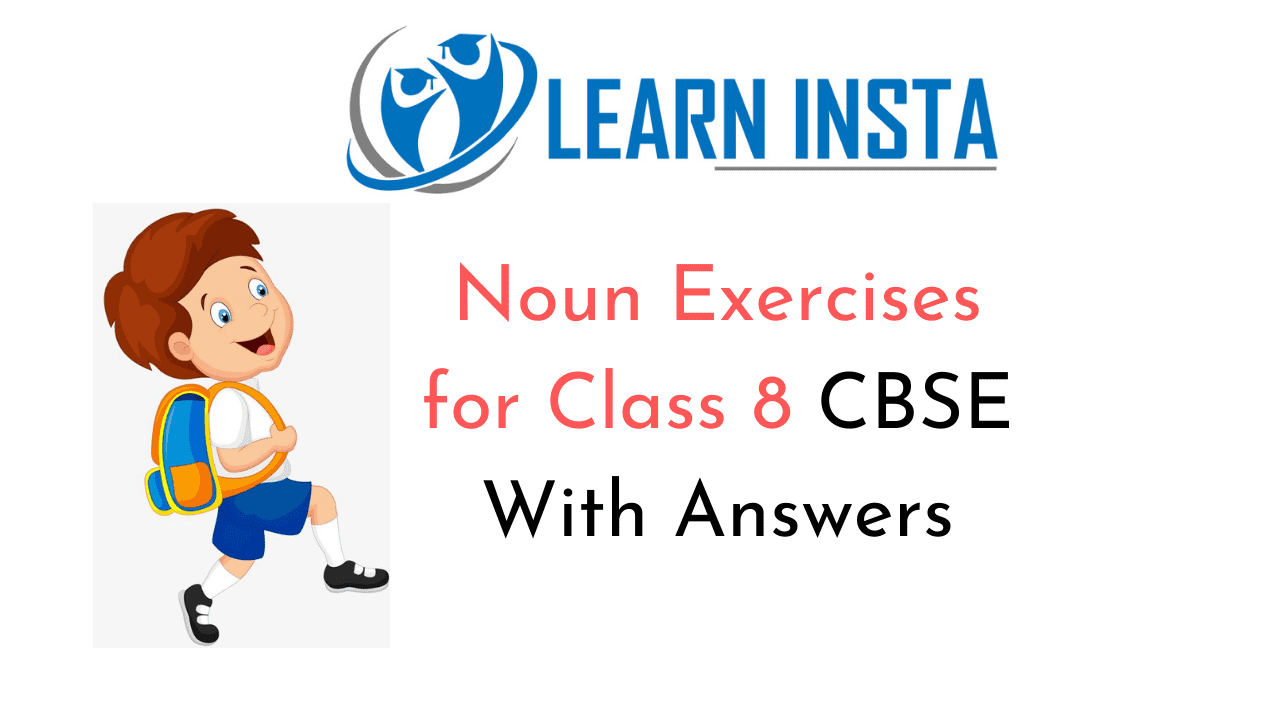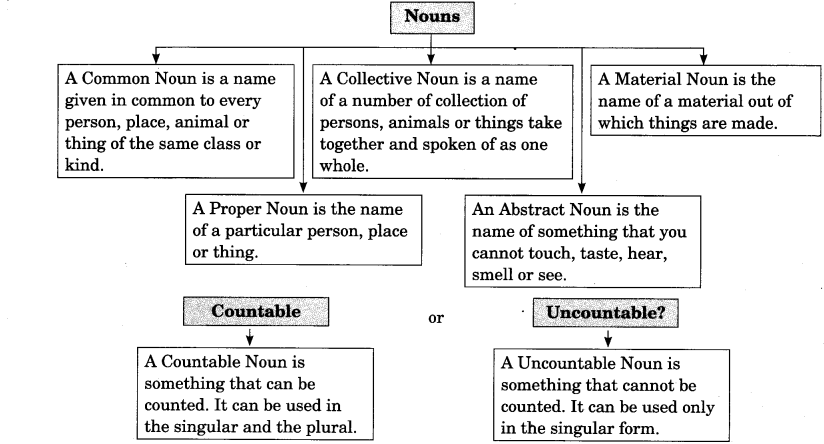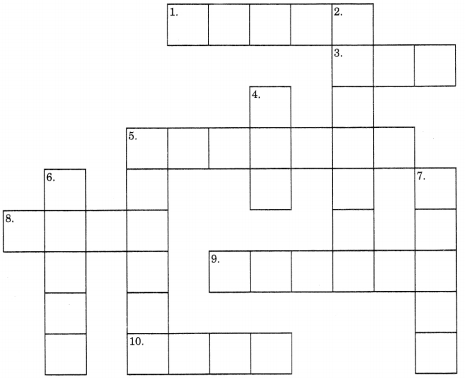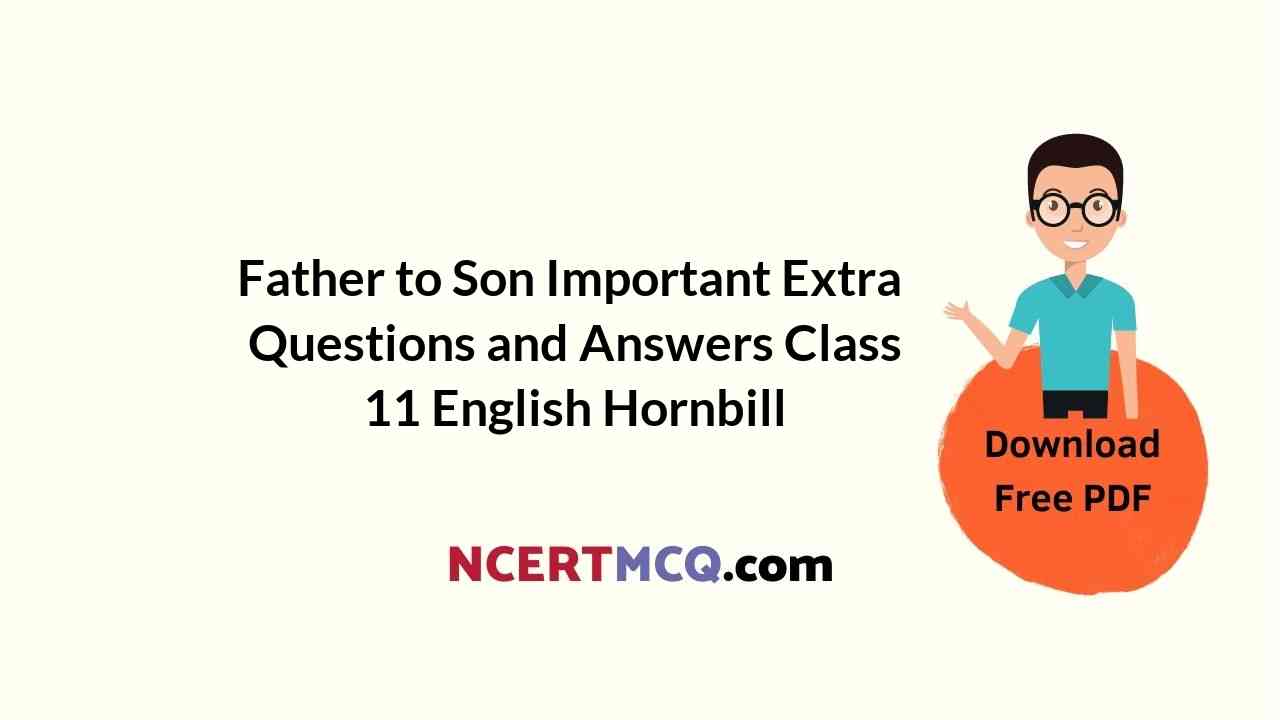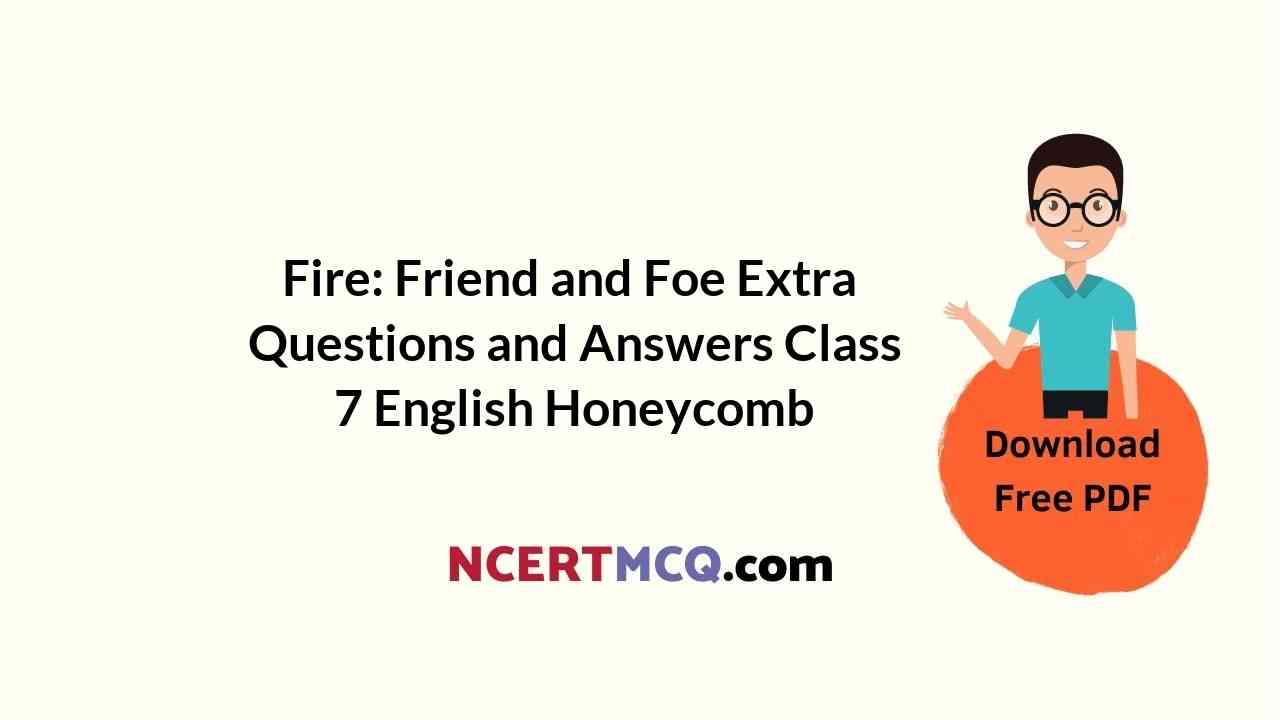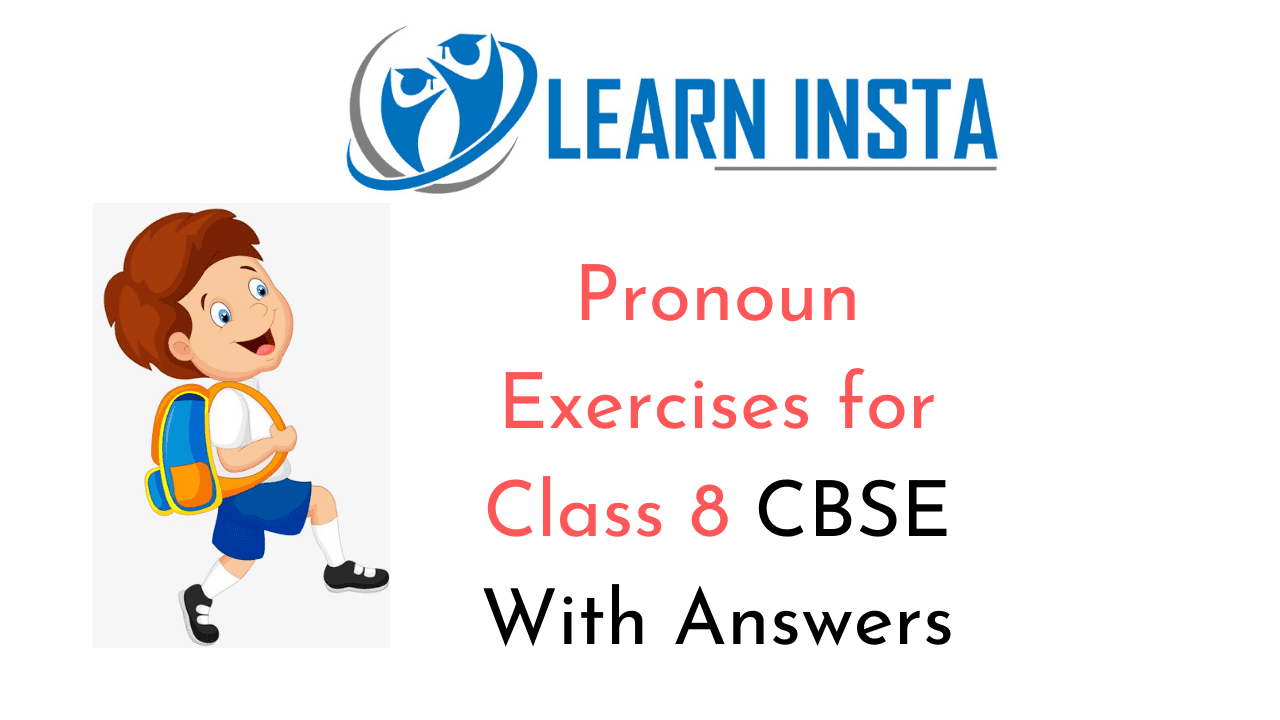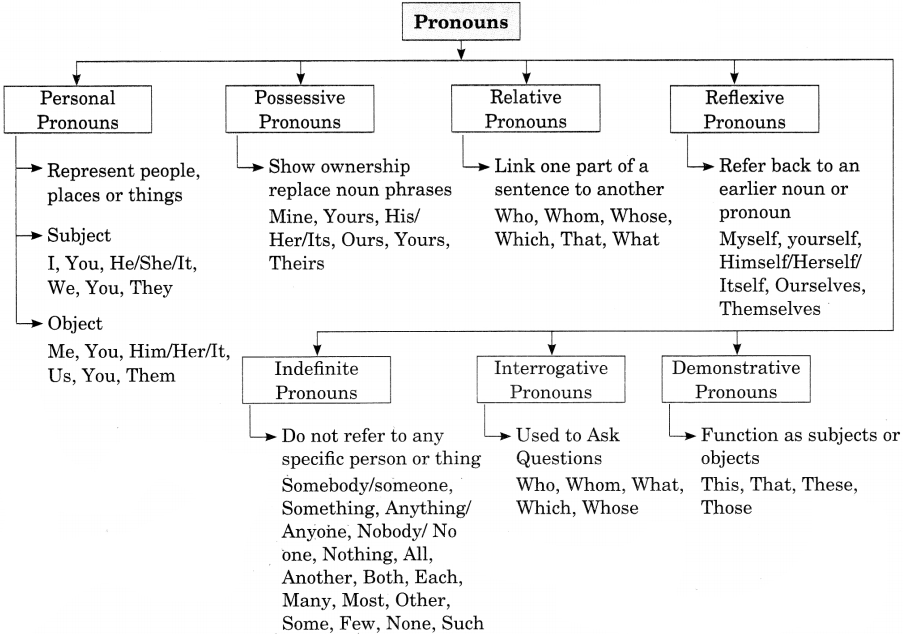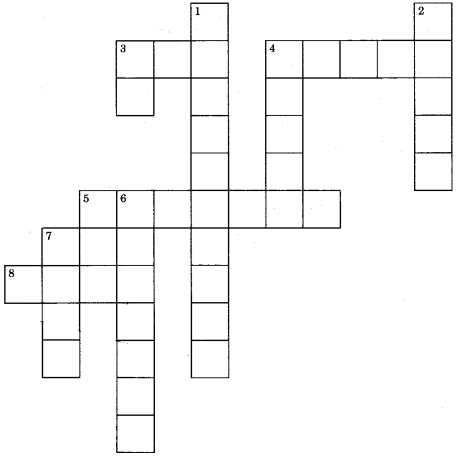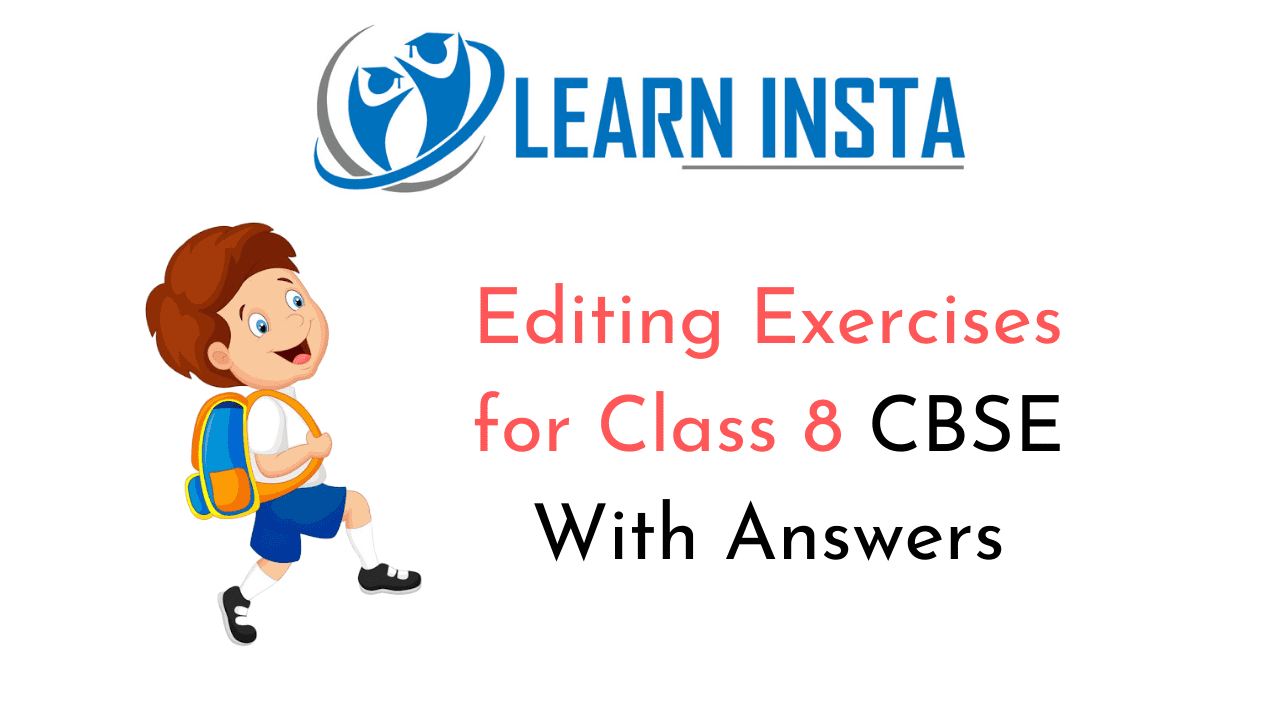We have decided to create the most comprehensive Online Education English Summary that will help students with learning and understanding.
Online Education for The Merchant of Venice Act 4 Scene 1 Summary Workbook Answers
The Merchant of Venice Act 4 Scene 1 Summary
The trial scene of ‘The Merchant of Venice’ is the most famous and powerful scene of the play in the whole of English dramas. This is the scene where Shylock is to take his forfeiture from Antonio. Antonio’s friends and even the Duke beg him to have mercy; Shylock says he will not grant mercy for the simple reason that he hates Antonio. He says Christians do what they wish with their slaves because they have bought them, and so it is with Antonio.
Bassanio offers Shylock six thousand ducats, double the actual amount, but Shylock refuses saying that even if he were offered six times the amount, he would still want the pound of flesh’.Nerissa, dressed as the lawyer’s clerk enters the court and gives a letter to the Duke, which states that since he is unwell he is sending Balthazar, a learned lawyer, to prosecute the case instead of him.
Portia then enters the scene dressed as a lawyer. Portia makes the very famous speech on mercy here. She makes a very moving appeal to Shylock, but he only wants his bond, he only wants justice. After examining the bond Portia declares authenticity of the bond and permits Shylock to cut a pound of flesh from Antonio. As Shylock is about to do so Portia orders him to keep a surgeon at hand, but Shylock refuses because the bond stipulates no such safeguard.
As Shylock is ready to cut into Antonio, Portia reminds him that the bond stipulates only a pound of flesh and not even a single drop of blood. Shylock is stunned and he is now ready to take three times the amount and let Antonio go. Portia refuses and tells Shylock that he will get either his bond or nothing, On the other hand, in cutting the pound of flesh if even one drop of Antonio’s blood spills, then all his lands and goods will be confiscated by the state of Venice, for harming a Venetian citizen. Portia then tells him that as per the law of Venice he is conspiring to kill a Venetian, therefore now his life depends on the mercy of the duke.
The same law now demands him to give half of his property to the person against whom he has conspired, i.e. Antonio, and the remaining half would be confiscated by the state of Venice. The duke shows mercy by sparing Shylock’s life and reduces his penalty to a fine rather than taking half of his property.
The other half, which was to go to Antonio, was kept in a trust to be given to Lorenzo and Jessica, after Shylock’s death. Shylock is also asked to convert to Christianity, and give everything in writing. Shylock feels completely defeated and leaves the court under the pretext of feeling sick.
Now, as a token of gratitude, Bassanio offers some money to the lawyer, which he (Portia) refuses. Portia demands for the ring that Bassanio is wearing but he refuses, calling the ring a trifle, saying that he wouldn’t like to dishonor the lawyer by giving him such a lowly gift. Instead, he offers to find him the most expensive gift in Venice. Portia is disheartened at Bassanio not giving her the ring and leaves.
Antonio requests Bassanio to give the ring to the lawyer, which Bassanio does; thus parting with the ring, which Portia had given him saying that if he would ever part with that ring, it would be the end of their love. For the sake of his friend Antonio, Bassanio gives the ring to the lawyer. Then they all (Bassanio, Gratiano, Antonio) make plans to leave for Belmont.
The Merchant of Venice Act 4 Scene 1 Summary Word Meanings
- stony adversary – stone hearted rival
- inhuman wretch – a person without feelings
- Dram – a very small amount
- qualify – reduce
- stands obdurate – remains hard-hearted
- arm’d – prepared
- fashion of thy malice – mood of your cruelty
- exact’st – insist on having
- moiety of the principal – a part of the original sum
- pluck commiseration of – take out pity from
- brassy bosoms – hearts as hard as brass
- train’d to offices of tender courtesy – taught to behave with gentleness
- possess’d – informed
- sabbath – the seventh day of the Jewish week which was the holiest day carrion – rotten
- humour – mood, ban’d poisoned
- a gaping pig – a roasted pig’s head with the mouth open
- loathes – hates
- abide – tolerate
- lodg’d – deep-rooted
- a loosing suit – a legal case where one must lose money
- current – course
- main flood – ocean tide
- bate – reduce
- use question with – ask
- ewe – mother sheep
- bleat – cry painfully
- fretten – blown
- beseech – beg
- abject and in slavish parts – for lowiy and servile tasks
- viands – food
- meetest – fittest
- whet – sharpen
- inexorable – relentless
- currish – like a cur
- fell – cruel
- unhallow’d – unsanctified
- dam – mother
- ravenous – hungry
- rail – rebuke, offend’st – trouble
- importunity – earnest request
- impediment – hindrance
- impugn you – accuse you
- strain’d – forced,
- place beneath – earth
- ecomes – suits
- temporal – worldly,
- seasons – moderates
- mitigate – reduce
- bears down- overcomes.
- wrest – twist
- lay perjury upon – break a pledge
- exposition – understanding of the case
- hath full relation – entirely supports
- still her use – usually her custom
- lingering – slow passing
- penance – suffering
- commend – convey my compliments
- entreat – request,
- stock of barabas – a Jew
- trifle – wasting time over trivialities
- tarry – wait
- no jot – not even a small quantity
- upright – honest
- urgest – demand
- soft – wait
- substance – weight, division – fraction
- scruple – a weight unit
- question – to argue,
- value of a cord – price of a rope
- state’s charge – expense of the state.
The Merchant of Venice Act 4 Scene 1 Summary Questions and Answers
1. Duke :
I am sorry for thee : thou art come to answer
A stony adversary, an inhuman wretch
Uncapable of pity, void and empty
From any dram of mercy.
Question 1.
Who is ‘thee’ in the first line? Where are they and why?
Answer:
The ‘thee’ in the first line refers to Antonio. They are right now in the court for the case between Antonio and Shylock. Antonio has forfeited the bond so Shylock is liable to take a pound of flesh from Antonio’s body.
Question 2.
Who is being spoken about? Why is this person being described in such a manner?
Answer:
The duke is talking about Shylock, the Jewish moneylender. As Shylock is an unfeeling and ruthless Jew and his hatred for Antonio is so strong that he has forgotten humanity, and in spite of the duke begging for mercy for Antonio he is not ready to give up his bond. His heart is filled with hatred with no place for mercy.
Question 3.
Who is the ‘adversary’ referred to here? What does the Duke mean by ‘stony adversary’ and ‘in human wretch’?
Ans.
The adversary referred to here is Shylock. By ‘stony adversary’ and ‘inhuman wretch’ the Duke means that Shylock is stone hearted and he does not possess the feelings of humanity.
Question 4.
Who are the other people present? Who enters the scene next? What are his demands and why?
Answer:
The other people present are Bassanio, Gratiano, Salerio and the officers of the court. Shylock enters the scene next. He only wants his bond and nothing else. He was offered twice the amount due, but he only wants a pound of Antonio’s flesh. His hatred for Antonio is so deep that nothing else can satisfy him but his life.
Question 5.
Whose arrival is awaited? Does this person turn up? Why?
Answer:
The duke is awaiting the arrival of a learned doctor, Bellario, from Padua whom he has called to determine the case. Since Doctor Bellario is unable to come he sends a letter stating that he is sending a learned lawyer in his place. Therefore instead of Bellario comes the learned lawyer.
Question 6.
Give details of the person who comes. How does this person change the present situation?
Answer:
The person who comes in place of Bellario is actually, Portia dressed as a lawyer. With her wit and intelligence, she turns the tables against Shylock. Antonio wins the case and he also gets half of Shylock’s property. As per the bond, Shylock can have a pound of flesh, nothing less and nothing more and while cutting this pound of flesh he has to make sure that he doesn’t shed even a single drop of blood. This, of course was not possible, therefore, Shylock has to accept what the state of Venice decides.
2. Antonio :
I am a tainted wether of the jlock,
Meetestjor death : the weakest kind offruit
Drops earliest to the ground; and so let me.
Question 1.
Under what circumstances does this dialogue take place?
Answer:
This dialogue takes place when Shylock’s case against Antonio seems to be going against Antonio. The Duke’s personal appeal to Shylock has produced no effect on Shylock; and Bassanio’s pleading with Shylock has also failed to serve any purpose.
Question 2.
The listener has been given a task by the speaker. What is it? Why does he say that?
Answer:
Antonio asks Bassanio to write his epitaph because that would be the most suitable task for him as he is his best friend and no one can understand him better than Bassanio.
Question 3.
Why is Antonio willing to die?
Answer:
Antonio thinks himself to be a useless man now when he was bankrupt, and has completely lost his flourishing business. He compares himself to a sheep, which gets infected with some disease, and his continued presence in the flock of sheep can prove to be dangerous to the other sheep as well. It would be better if the infected sheep dies. In the same way, Antonio would like to die instead of continuing to live and cause endless anxiety to his friends like Bassanio.
Question 4.
What feelings does this piece of dialogue arouse in your heart?
Answer:
This piece of dialogue provokes sympathy for Antonio and respect for Bassanio. A deep pity has been aroused at the fate, which Antonio is on the edge of meeting; and we certainly admire Bassanio for his sincerity towards his friend who is in profound dilemma.
Question 5.
Who enters the scene next? What news does this person bring?
Answer:
Nerissa, dressed as the lawyer’s clerk, enters the scene next. Nerissa has come with a letter from Bellario, a renowned Doctor of law. The letter states that since Bellario is unwell he is sending a learned lawyer by the name of Balthazar to handle the case.
3. Portia :
Therefore prepare thee to cut off the flesh.
Shed thou no blood; nor cut thou less, nor more,
But just a pound offlesh : if thou tak’st more,
Or less, than a just pound, be it but so much
As makes it light or heavy in the substance,
Or the division of the twentieth part
Of one poor scruple, nay, if the scale do turn
But in the estimation of a hair,
Thou diest, and all thy goods are confiscate.
Question 1.
Who are the two people in conversation? The speaker lays down a condition, what is it?
Answer:
The two people in the conversation are Portia, dressed as the lawyer and Shylock, the Jewish moneylender. As per the bond, Shylock can take only a pound of flesh. It does not permit him to take a single drop of blood. He must weigh a pound of flesh, accurately, without shedding even a ‘jot’ of blood.
Question 2.
Another person, present here, applauds the speaker for his judgment. Who is this person? Why does he react in this manner?
Answer:
Gratiano, a friend of Bassanio and Antonio, also present in the court, is very happy when Portia comes out with this condition. When Portia allows Shylock to cut a pound of flesh from Antonio’s body, nearest to his heart, Shylock is very happy and calls Portia a great judge, Daniel. But now seeing that the tables have turned against Shylock, he applauds and makes fun of Shylock and ridicules him.
Question 3.
What would be the penalty if the law is broken? Give details.
Answer:
If Shylock sheds a single drop of blood while taking his pound of flesh, as per the bond, then all his property would be confiscated, and he would have to face a death sentence. His life would be at the mercy of the Duke.
Finally, the duke spares Shylock’s life and half his property goes to the state of Venice and the other half, which was to go to Antonio, is given to Lorenzo and Jessica, on Antonio’s request. Shylock is made to sign a deed in which half his property is bequeathed to his daughter and son-in-law. Also, Shylock has to turn into a Christian. Therefore, he is left completely defeated and drained.
Question 4.
The tables have turned. How? Who is responsible for it?
Answer:
Portia’s wit and intelligence turn the tables against Shylock. Antonio has lost all hope and is sure that the Jew will take his revenge and Antonio will have to pay the penalty of breaking the bond with his life. Shylock is all ready to take his pound of flesh when he is stopped by Portia, stating that Shylock can only have a pound of flesh and without shedding a single drop of blood.
Shylock has no choice but to let go of his dearest enemy. In fact, he not only has to forget about getting his principal but also loses all his property and has to face the humiliation of turning into a Christian. All this happend because of Portia.
Question 5.
Characterize the speaker.
Answer:
The speaker, Portia, is a woman of substance. Her beauty matches her intelligence, clearly defying the phrase, ‘beauty without brains’. She is quick¬witted, beautiful and intelligent and comes as an antidote to Shylock’s malice. However, in the beginning of the play, we do not see her potential because she is engrossed in her father’s will. But here also we realize that she is an obedient daughter. She is fun-loving as we can see in the ‘ring episode’, but here also she is sensible enough to stop the fun before it goes too far.
4. Portia :
You press me far, and therefore I will yield.
Give me your gloves, I’ll wear them for your sake;
And (for your love) I’ll take this ring from you.
Do not draw back your hand; I’ll take no more,
And you in love shall not deny me this.
Question 1.
Who is pressing whom and why?
Answer:
Portia, in the garb of a lawyer, yields to the offer made by Bassanio, her husband. He insists that the lawyer (Portia) must accept a token of remem¬brance from them for saving his dearest friend Antonio, from the clutches of the unfeeling Jew, Shylock. Bassanio feels indebted to the lawyer, wants to show his gratitude, and thus makes this offer.
Question 2.
Whose gloves does the speaker wear and whose ring is demanded? What is the intention behind this?
Answer:
Portia, the speaker of the above lines agrees to wear Antonio’s gloves as a token of his remembrance and demands Bassanio’s ring, which has been gifted to him by his wife, Portia, which he had sworn never to part with. Portia, knowing that Bassanio cannot part with this ring, still demands for it just to have a little fun. Though towards the end of the play she reveals her real identity but plays around with Bassanio just to add to the humor of the play. It’s all for fun.
Question 3.
Who draws back his hand? Why is he so reluctant to part with the ring?
Answer:
Bassanio, Portia’s husband, draws back his hand, as he, under no circumstances, can part with this ring because when Portia had given this ring to him she had put down a condition that if ever Bassanio parts with this ring it would mean an end of their love and relationship.
Question 4.
Why is the speaker adamant to have the ring? What offer is made by the owner of the ring? How does he justify himself?
Answer:
Portia insists on having this very ring because she claims that she has a fancy for it and wouldn’t accept anything else. Actually, she is playing around with Bassanio, her husband, which of course, he is not aware of. Bassanio tries to convince Portia by saying that this ring is too trivial and that he would find the most expensive ring in Venice for the lawyer. Finally, Bassanio comes out with the truth that since this ring was a gift from his wife he couldn’t part with it. Also while giving it to him, she had made him vow that he should never sell, give or lose this ring. Therefore, he must be excused for this.
Question 5.
How does the scene ends?
Answer:
The scene ends with Portia succeeding in getting the ring from Bassanio on Antonio’s request. Antonio tells Bassanio that he should give more importance to his friend’s love and the lawyer’s ‘deserving’s’ than to his wife’s commandments. Finally, Gratiano runs behind Portia to give her the ring and invite her to dinner. Bassanio and Antonio finally make plans to leave for Belmont the next day.
